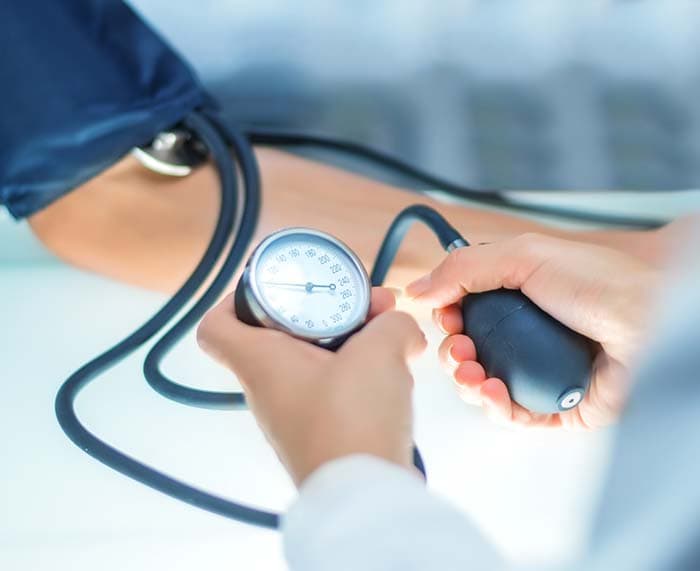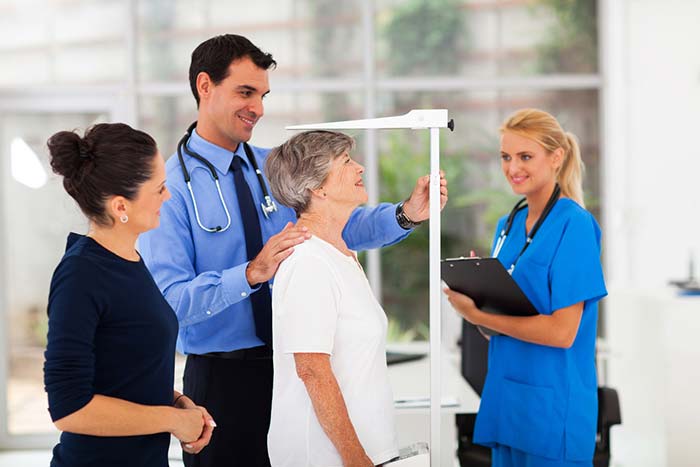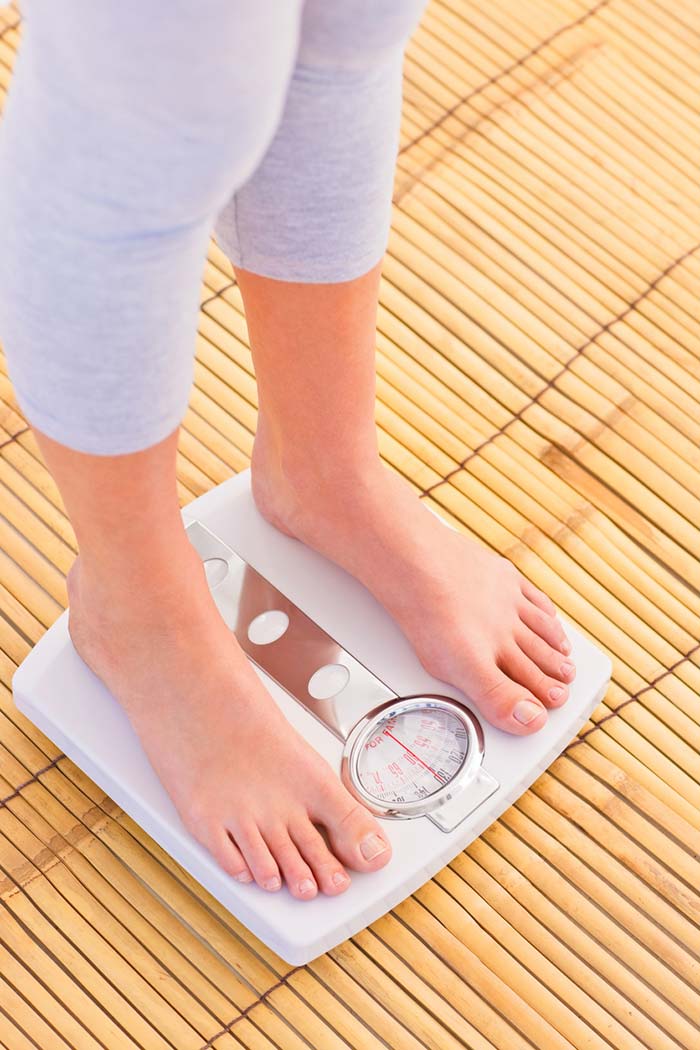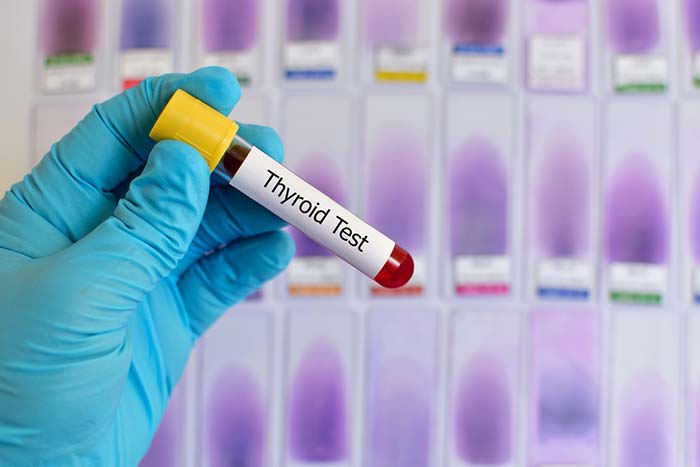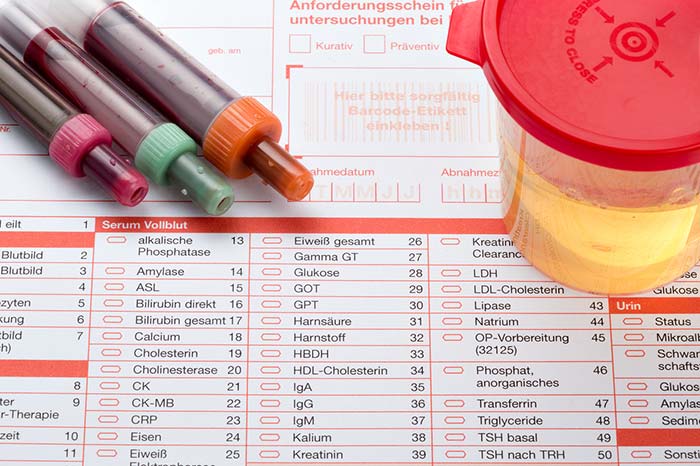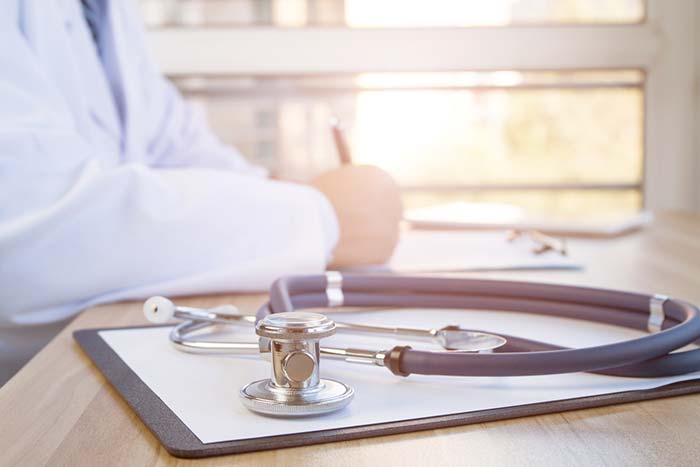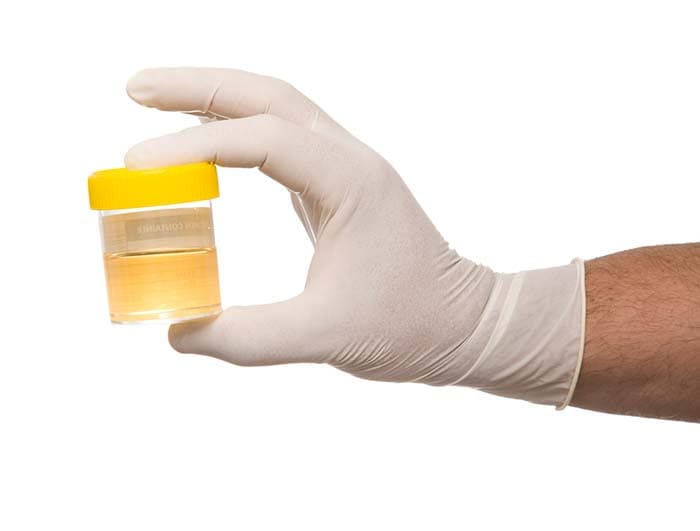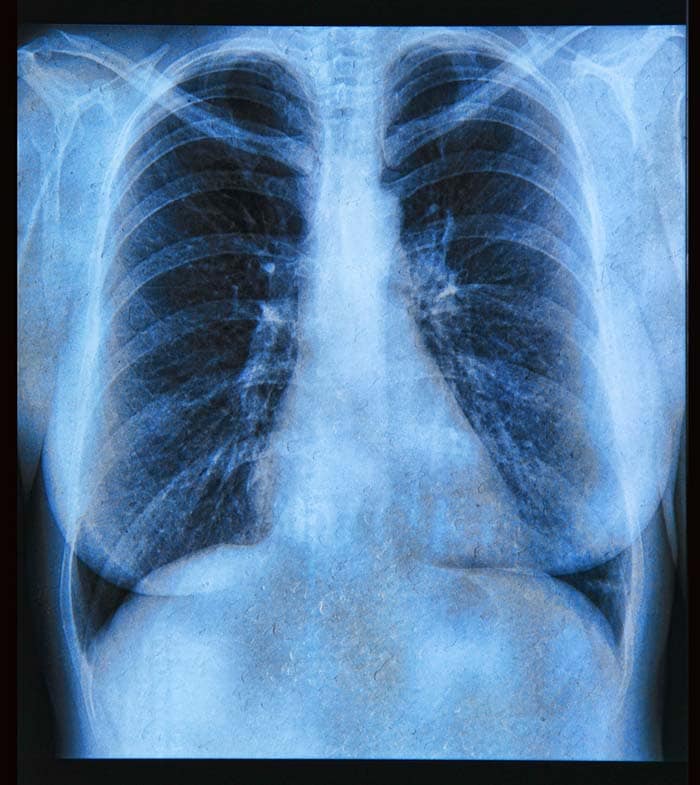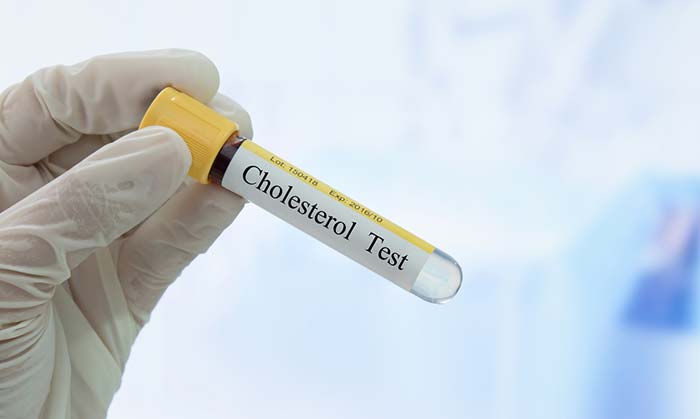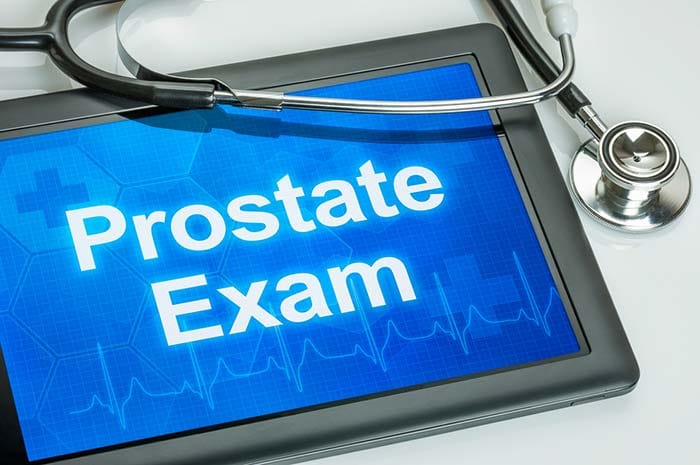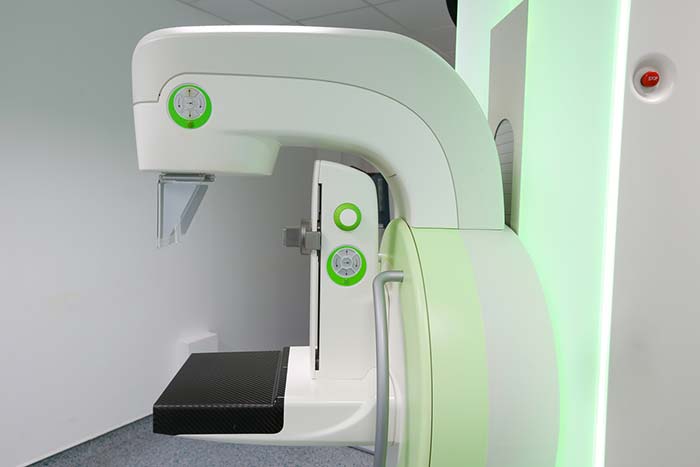Health Photos
-
Measuring blood pressure regularly is very important as both high and low pressure can affect your health badly. High blood pressure can lead to a heart attack or stroke. You should undergo blood pressure check-up on every visit to your doctor.
-
Significant loss of height can indicate the acceleration of osteoporosis. Loss of height is due to compression of the spinal cord.
-
You should measure your weight on regular basis. Significant weight loss or gain without trying can signify serious health problems. Weight gain can mean fluid retention or perhaps heart, liver or kidney disease. Weight loss could indicate infection or cancer.
-
Thyroid function test should be done to rule out any thyroid disorder, which includes estimation of the blood levels of thyroid hormones, T4 and the T3.
-
A complete blood count should be done on regular intervals to rule out any bleeding problems, glucose levels to detect diabetes and blood electrolyte counts, which can detect kidney problems and early heart problems.
-
Liver function tests (LFT) are done to detect any infection, inflammation or damage to the liver cells. Increased levels of LFT indicate abnormality of the liver.
-
Routine urine test is done to test for sugar, for any blood and protein that might suggest a bladder or kidney problem, for hepatitis, infections etc.
-
X-rays can be done to detect lung abnormalities (tuberculosis, emphysema or lung cancer) early enough to initiate a proper treatment.
-
Electrocardiography (ECG) is useful in detecting a heart attack, angina, disorders of heart rhythm (arrhythmias) like heart block, fibrillation (very fast abnormal heart rhythm) or tachycardia (fast heart beat), etc. It is recommended that an ECG should be done for both men and women around age 50 years.
-
Every adult should undergo cholesterol level check up. A high blood cholesterol level is an important risk factor for heart diseases. With increasing age, the risk decreases and is usually not recommended for very elderly patients.
-
Middle aged man should undergo a digital exam of his prostate. The physician uses a gloved finger in the rectum to determine if there is any enlargement of the prostate.
-
A woman particularly aged above 50 years, should undergo mammography. Imaging of the breast helps in detecting tumours when they are small, for timely treatment and cure. Screening mammography helps in the detection of small abnormal tissue growths in the breast, which may be easily removed completely when small.
-
Pap smear test should be done every three years or yearly if at higher risk for cervical or vaginal cancer.


